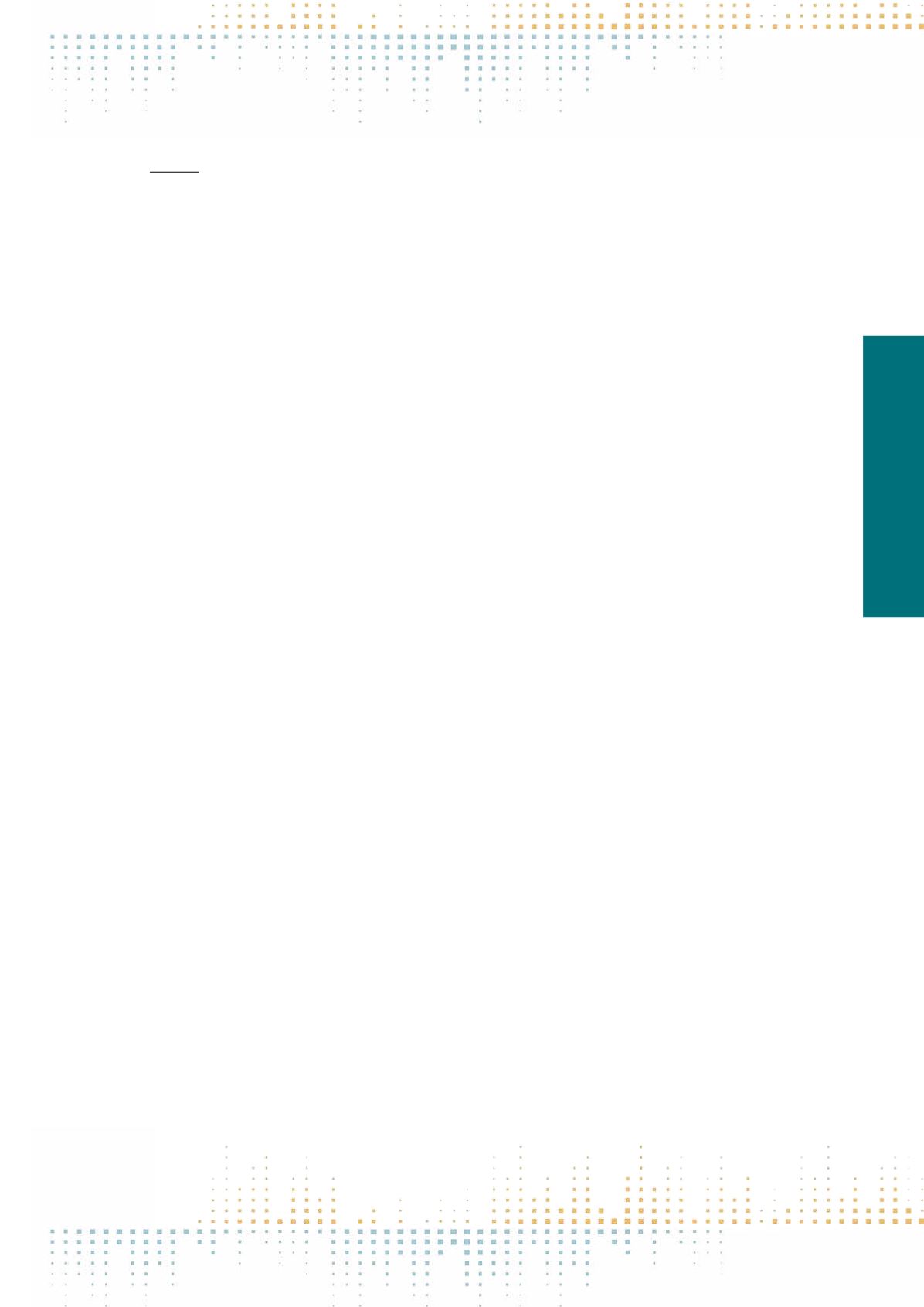

393
Friday, November 11
1 8 : 0 0 – 1 9 : 3 0
PP 440
Journalism and Free Access to Public Information
M. Utheim
1
, K.A. Ihlebæk
1
, A. Beyer
1
1
University of Oslo, Department of media and communication, Oslo, Norway
Journalism and the access to public information Key words: free information access, journalism, public watchdog, media as fourth estate, public interest
The topic of this paper is free information access for journalists.The paper explores to what extent journalists access public documents through the following
two research questions: To what degree do Norwegian journalists requests access to public documents? How do factors like journalistic experience, educa‑
tion, training/instruction and organisational support affect the frequency of accessing public documents? Empirically the analysis rests in on a represen‑
tative survey with Norwegian journalists. The questionnaire was sent out to all 7446 registered journalists in the Norwegian Association of Journalists (NJ)
with a response rate of 21.7 % (N= 1613). Our starting point for the paper is to explore journalism as a fourth estate. A key expectation to the social and
democratic role journalism is that journalists should serve the public by scrutinize political power and political processes (Deuze 2005, Steel 2012).To be able
to fulfill their role as public watchdogs it is essential that journalists are given the right to access public information. In a Norwegian context the Freedom
of Information Act of 1971 set transparency in the public administration as default (Jørgensen 2014). Still, Norwegian journalists and editors claim that
inconsistency in the knowledge and management of the act among the bureaucrats give unpredictable working conditions for journalists (Norwegian Press
Association 2011). Furthermore, other aspects also impact to what degree journalists access public documents, like knowledge about how to access public
records, journalistic experience, organisational support, as well as available time and resources. In the survey journalist were asked about attitudes to and
experiences of accessing public documents. Our preliminary findings show that half of the respondents (47,3 %) find it difficult to get access to information
from authorities in their work as news reporters, and a majority of the respondents (60,7 %) believe that slowness of the system interferes with and creates
hindrances for news reporting. Findings show that journalists report that the launch of the Electronic Public Records (in 2010) has increased their level
of inquiries of documents. Furthermore, the survey suggests that both work experience, support from the workplace, and editorial training all contributes
in explaining increasing levels of these inquiries and thus access to public documents. Organizational support has the strongest impact on how often jour‑
nalists use the right to access public documents. Taken together the results indicate that journalistic norms, routines, and experiences, training and support
all are crucial factors that news organizations should continue to cultivate in order to support and foster the development of quality journalism. In fact, our
findings suggest that internal factors such as these are far more important than e.g. the level of education that journalists have. References Deuze, M. (2005)
What is journalism. Professional identity and ideology of journalists reconsidered. Journalism, Vol. 6(4): 442–464. Jørgensen, O. (2014) Offentligehed i
Norden. Gotherburg: Nordicom Review. Steel, J. (2012) Journalism and Free Speech. London and New York: Routledge.



















